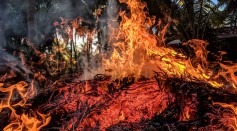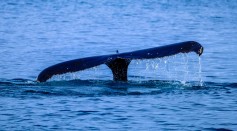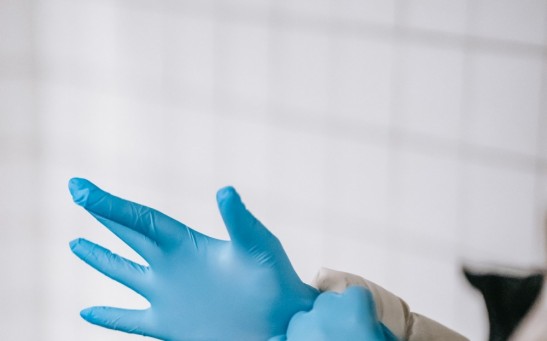Isabella Beltran

Why Are We Obsessed With Our Teenage Music?

Solution to Climate Crisis: Stop Burning Trees
Strong 7.1 Earthquake Rocks Northeast Japan Including Fukushima

Valentine's Day Heart Health Tips from Science

Why Flerovium Super Heavy Element Might Not Have the Long Life Scientists Were Hoping For

High Meat Diet and Play Can Stop Your Cat From Killing Wildlife

Fin Whale Songs, Could It Reveal Secrets Beneath the Ocean Floor?

Billions of Years Ago, Earth's Mountains Might Have Stunted Their Growth

An Alternative To Road Salts Inspired by Nature Could Be Better Says Scientists

Why Do You Experience Memory Problems When You're Depressed? Here's What Science Says

What Can You Do After Getting a COVID-19 Vaccine?
Could a 17,000-year-old Conch Shell Actually Be a Wind Instrument?

New Drug Could Change the Game of Weight Loss for Obesity
Skull of Prehistoric Giant Sloth Unearthed by South American Scientists
Most Popular

How Technology Is Changing the Real Estate Industry?

Study Reveals High Turnover in Scientific Research Careers: What This Means for Future Scientists

How a Plant-Based Diet Can Protect Against Breast Cancer: Insights from Nutrition Research

Why It's So Difficult to Lose Weight: The Biological Explanation Behind Obesity






